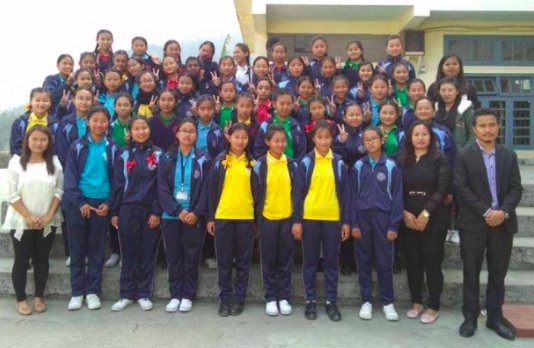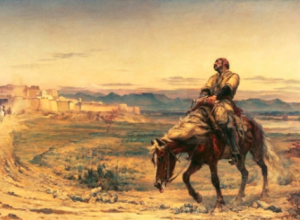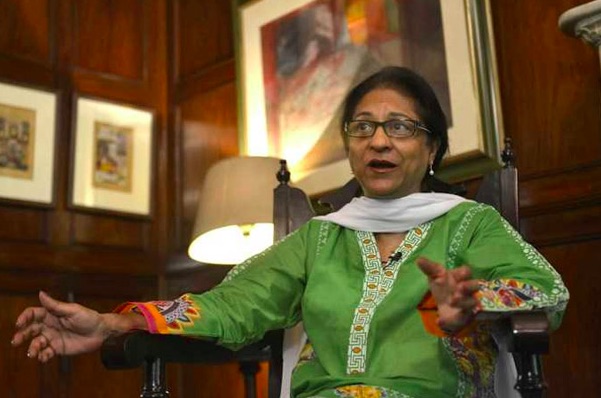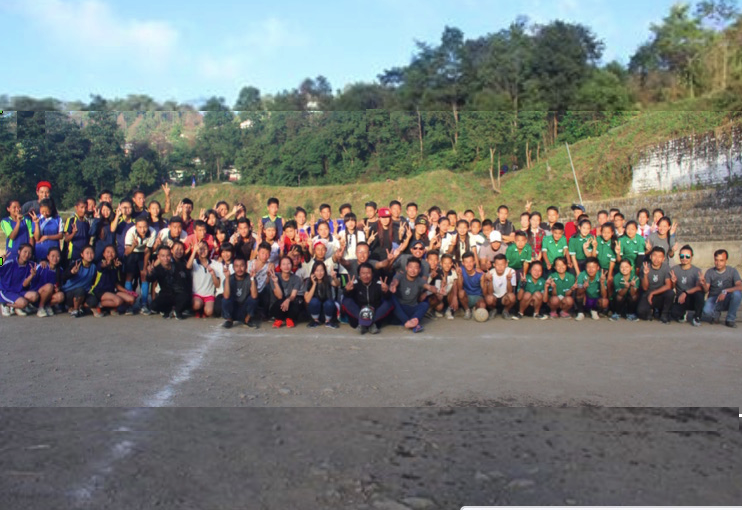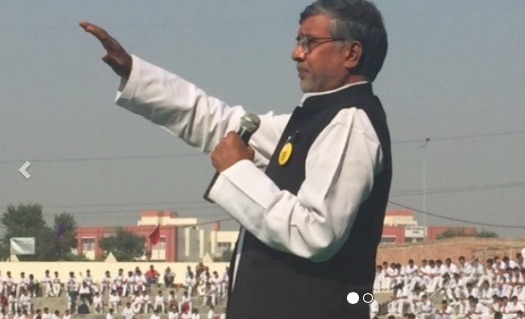. WOMEN’S EQUALITY .
A press release from the Nobel Women’s Initiative
As three Nobel peace laureates—Tawakkol Karman of Yemen, Shirin Ebadi of Iran, and Mairead Maguire of Northern Ireland – conclude their visit to Bangladesh on the six-month anniversary of the current Rohingya crisis, the three women are calling for an immediate end to the “genocide” of the Rohingya people.

Mairead Maguire meets with Rohingya survivors of gender based violence in Kutupalong Rohingya refugee camp February 25, 2018 in Cox’s Bazar, Bangladesh. Photo by Allison Joyce
This week, the three women Laureates ––in partnership with Bangladesh women’s organization Naripokkho––spent time listening to stories, meeting over 100 women refugees in the Cox’s Bazar area, and travelling to “no man’s land”, where thousands of Rohingya have been stranded between Myanmar and Bangladesh.
After hearing testimonies describing how security forces burned villages, tortured, killed and systematically raped women and girls—as well as reports from humanitarian organizations and UN officials—the Laureates concluded that the on-going attacks on the Rohingya of Rakhine State amount to crimes against humanity and genocide.
The Laureates are calling on Laureate Aung San Suu Kyi and the Myanmar military to put an end to the killings and the persecution of the Rohingya people.
“She must stop turning a deaf ear to the persecution of the Rohingya or risk being complicit in the crimes,” said Tawakkol Karman. “Wake up or face prosecution.”
As women committed to peace, the Laureates are urging Aung San Suu Kyi to exercise her personal and moral responsibility stop the genocide. “If she fails to do so, her choice is clear: resign or be held accountable, along with the army commanders, for the crimes committed” added Karman.
The Laureates heard how Rohingya women have been twice victimized: for being Rohingyas and for being women. They described stories of horrific violence and systematic mass rape.
“My 18-year old daughter had her breasts cut off and she died,” a Rohingya woman in the Thyankhali camp told the Nobel peace laureates.
“My baby was only 1-year and 6-months old. The military tore her from my arms and slaughtered her in front of me,” said a Rohingya survivor of rape. She then passed around a photo she had of her child. She wanted everyone to see her little girl.
The laureates heard stories of children being thrown into fires and drowned in rivers. They heard stories of houses and complete villages being burned to the ground and children being shot while running to the forest to seek shelter and safety.
“The torture, rape and killing of any one member of our human family must be challenged, as in the case of the Rohingya genocide,” said Mairead Maguire. “Silence is complicity.”
(article continued in right column)
Questions for this article
Do women have a special role to play in the peace movement?
(article continued from left column)
The Nobel peace laureates were impressed by the strength and resilience of the women who had survived such horrific crimes. One woman at the Thyankhali camp told them, “Why should we feel shame? We were tortured. We don’t need to feel shame about that.”
Another woman at Camp Kutupalong said, “We are not afraid of anything. We want our stories to be told.”
The Laureates are calling for the perpetrators of these heinous crimes to be brought to justice before the International Criminal Court.
“With over a million Rohingya displaced, countless dead or missing, and rape and sexual violence being used as a weapon of war, it is well past the time for the international community to act,” said Shirin Ebadi.
The Laureates met with Prime Minister Sheikh Hasina, government officials, human rights organizations and humanitarian agencies. They extended their thanks to Prime Minister Hasina and to both the Government and the people of Bangladesh for their exemplary acts of compassion for the Rohingya refugees.
The Laureates also expressed deep appreciation to the Bangladeshi government and to the various humanitarian agencies that have met the extraordinary challenge of setting up the Refugee and Relocation Camps for over one million Rohingya refugees.
As a result of their visit to Bangladesh, the Nobel Laureates are calling for:
* An immediate end to the genocide against the Rohingya in Rakhine, and an order to the Myanmar military to immediately stop all acts of sexual violence.
* Justice for Rohingya victims: perpetrators of crimes must be brought to justice through the International Criminal Court (ICC).
* Bangladesh, as the only country in South Asia to have ratified the Rome Statute, should, along with other states parties, the UN Security Council and the Human Rights Council, refer the case to the ICC.
* Alternatively, the ICC Prosecutor should open an independent investigation into crimes against humanity and genocide perpetrated in Rakhine State.
* A voluntary, safe and dignified return. There should be no forced repatriation. When Rohingya do return to Rakhine State, they should be offered security and be granted full citizenship.
* The government of Myanmar to take immediate action to address the systematic discrimination of the Rohingya in Rakhine State, and ensure the Rohyinga’s right to nationality, land ownership, freedom of movement and other fundamental rights.
* A comprehensive arms embargo on Myanmar to ensure that there are no sales of weapons or other military equipment.
* The international community to increase its support to Bangladesh’s humanitarian response.
* Bangladesh to ratify the 1951 Geneva Refugee Convention, as a major step to give protection to refugees and set an example in South Asia.
For more information, please contact:
Ketty Nivyabandi, Media Associate: knivyabandi@nobelwomensinitiative.org + 1 613 691 1419
Katia Gianneschi, Media Outreach: Katia.Gianneschi@gmail.com +1 613 614 9740
(Thank you to Janet Hudgins, the CPNN reporter for this article.)
